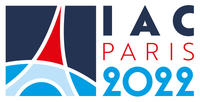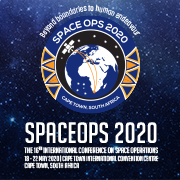›Heating and Cooling Processes in the Interstellar Medium
Studying the main heating and cooling processes in molecular clouds is vitally important for a better comprehension of the physics and chemistry of the interstellar medium, and ultimately of star formation. Because gas cooling is dominated by line and continuum radiation in the far-infrared wavelength range, our current knowledge largely results from space missions such as Herschel, Spitzer and Akari. With SOFIA (Stratospheric Observatory for Far-Infrared Astronomy) we now have flexible and continuous access to this still highly unexplored spectral range.
The objective of this workshop is to summarize our theoretical and observational understanding of the relative importance of the various heating and cooling processes in the ISM. It is a logical continuation and extension of the FIR fine structure line workshop that took place in Heidelberg in June 2015. This productive meeting reviewed the physics of FIR cooling lines in Galactic and extragalactic environments. Now we want to go a step further and address detailed questions, i.e. the microphysics of molecular excitations and the coupling between gas and dust and ionized and neutral species, radiative transfer processes, and models of photon dominated regions (PDRs), protostellar cores, and more diffuse clouds. Special emphasize will be given to understand heating via low- and high-velocity shocks and cooling through far-infrared (FIR) fine-structure lines of CII, OI, and NII, and rotational transitions of CO. We want to discuss how to best combine observations using different instruments and settings on SOFIA and complementary telescopes to obtain a complete inventory of the main heating and cooling processes in individual regions. We address the Galactic and extra-galactic community as well as theorists working in this field.
In order to make progress during the limited time of the workshop, we ask all participants to check the session topics below and propose a talk or poster that addresses one of the questions. All oral contributions are scheduled for 20 min + 5 min discussion. For each session, we will invite speakers for review talks (30 min + 5 min).
The workshop is supported by the DFG Schwerpunkt-Programm ISM-SPP (1753) and the DFG Sonderforschungsbereich SFB 956 Conditions and Impact of Star Formation.
Track this event on your Apple calendar














 Germany
Germany